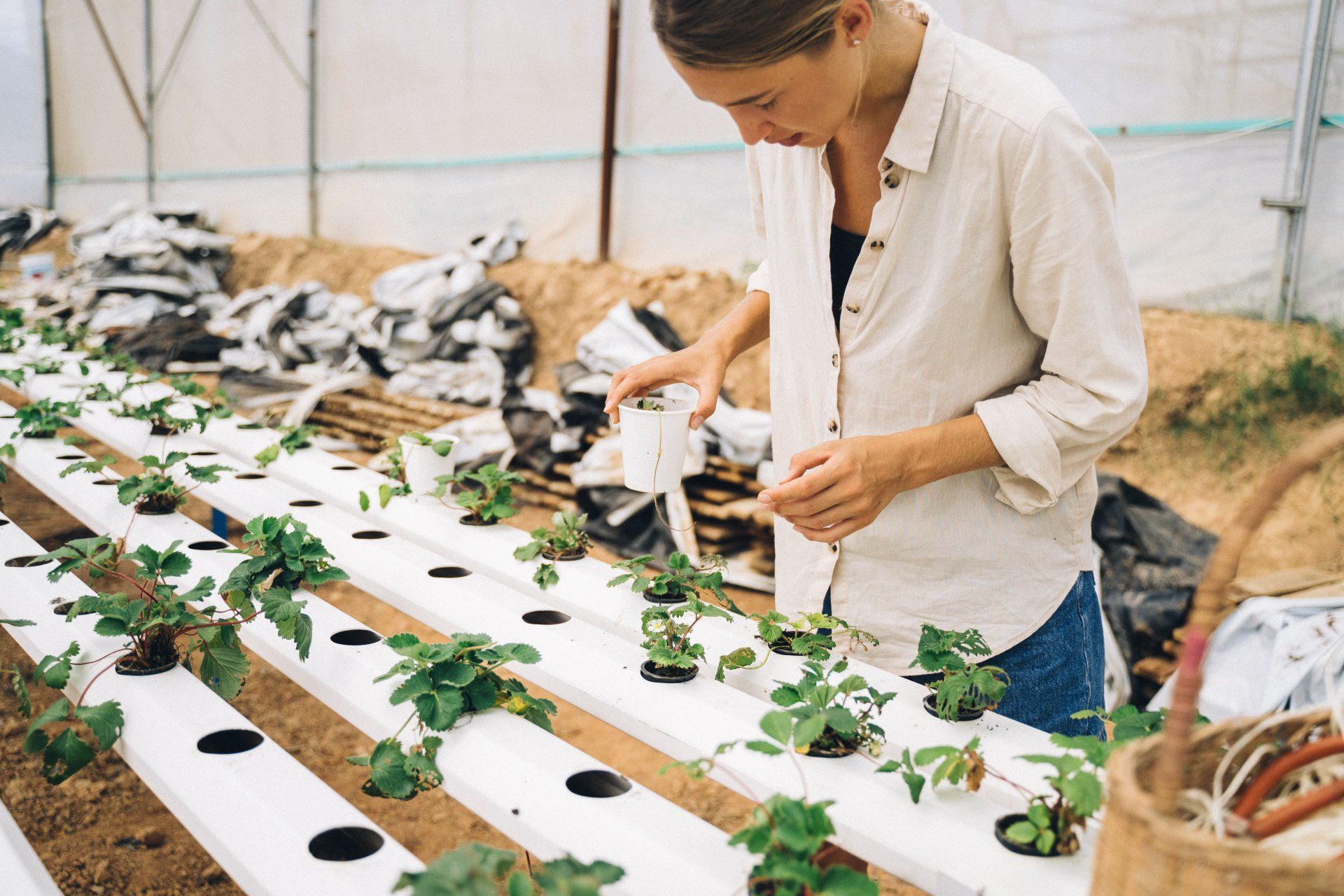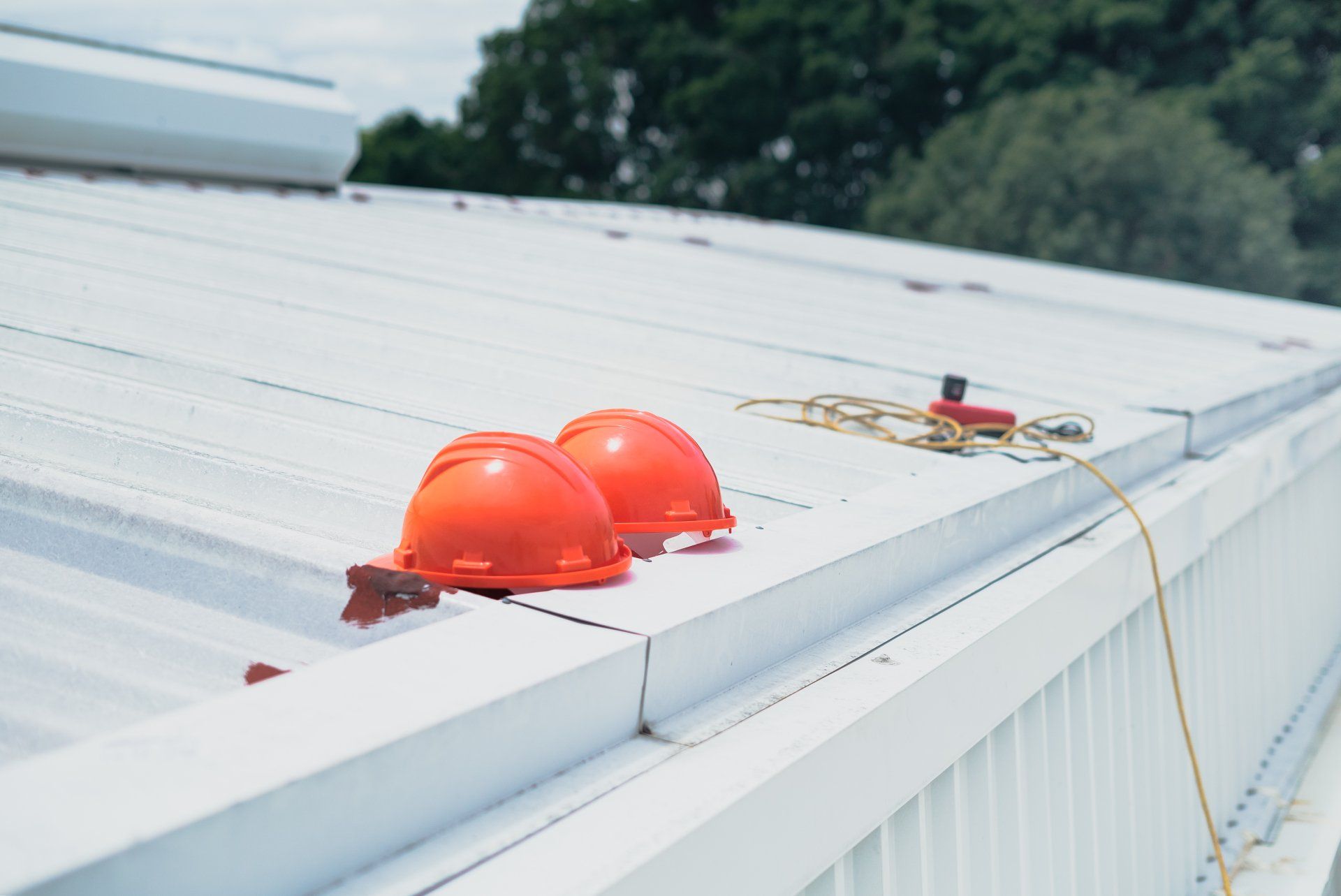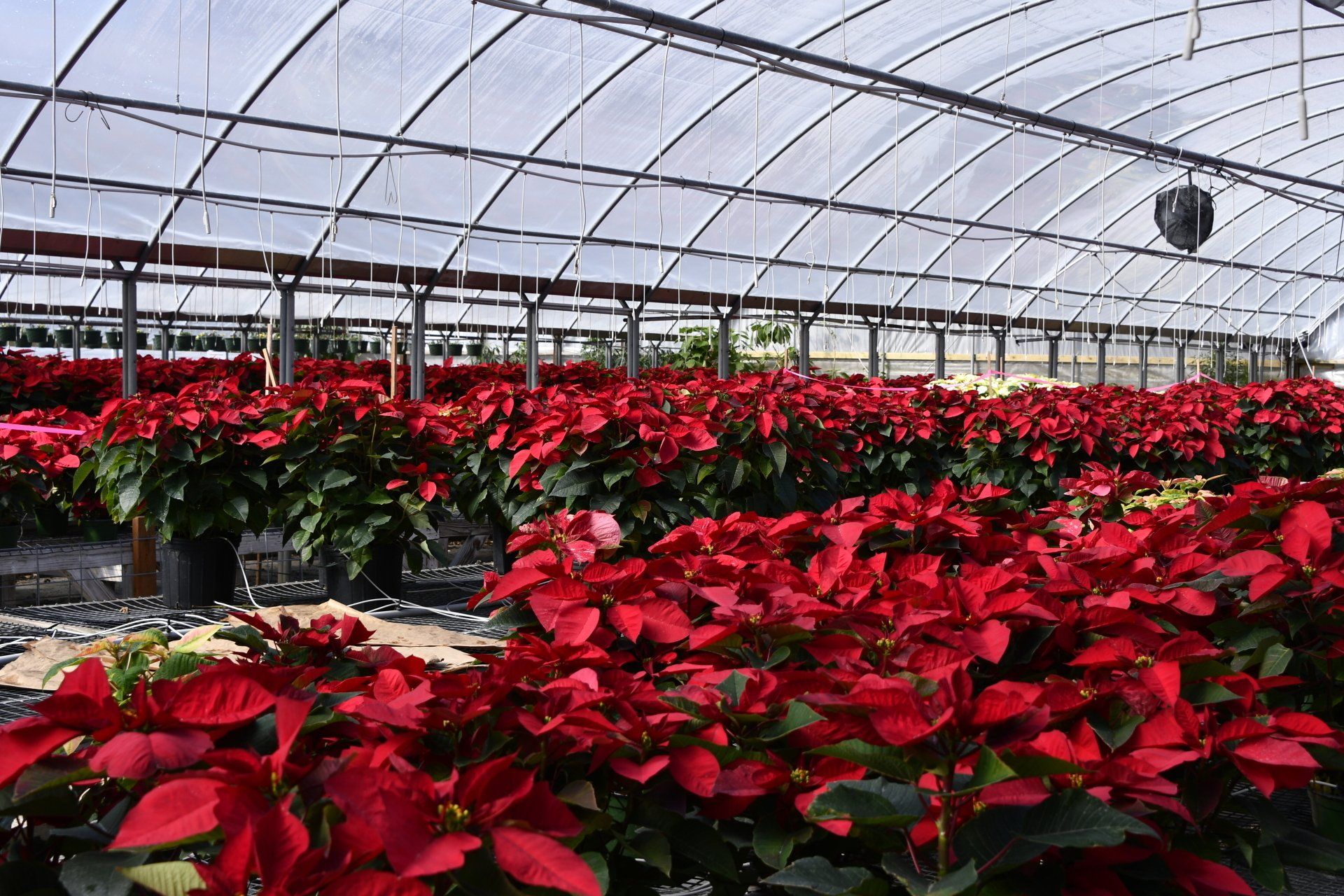How to Amend Soil
How to Amend Soil
To help the plants in your garden flourish and appear the best, it's essential to make sure they get adequate light and water. However, the primary ingredient frequently overlooked is soil. Most of the time, the soil requires some form of amendment to provide the best conditions to grow. With the help of the experts, you will discover how to amend the soil to give your plants everything they require. Here are some suggestions to help make your landscaping attractive all year long while improving the curb appeal of your house and increasing the value of your home and life.
The Importance of Soil Analysis
The first step towards an environment that is more balanced is to conduct a professional soil test that can help determine the specific composition and levels of nutrients of your soil. If you've found any deficiencies, you will be able to make a plan of action to modify the soil according to your requirements based on the following factors:
Nutrients
There are 17 nutrients required in various proportions to maintain the general health of plants. The three most important nutrients are Nitrogen (N), Phosphorus (P) as well as Potassium (K), which are required by all plants and are found in the majority of fertilizers.
pH Levels
pH is measured in a range from 1.0 to 14.0, with the median value of 7.0 considered to be a neutral pH. The opposite is not desirable in the majority of cases since plants prefer levels from 6.0 to 7.5. The smaller the number is, the more acidic the soil (preferred by blueberries and Azales); however, numbers that rise over 7.0 suggest more alkalinity (preferred by geraniums and ferns).
Texture
Depending on your location, the soil could contain sand, limestone, clay, or even dirt. The soil that is too sand-like or too compact can inhibit drainage or absorption of water. Although most soils are classified as either or both, the best texture should be soft enough to permit the flow of water and air while also having enough density to supply enough moisture and nutrients for your plants.
Tips for Soil Amendment
After the analysis is completed, you can start working toward improving the soil's quality. This involves breaking up the soil before incorporating the required elements. If you require advice about how to amend the soil for vegetable gardening or ways to modify clay soil, these tips can assist you in your efforts:
Add Nutrients
Organic matter, also known as inorganic fertilizers, can be added to soils that are deficient in essential nutrients. The correct commercial fertilizer could yield quick results; however, the drawback is the price and the long-term negative impacts it can affect your plants as well as your soil. Organic materials, like compost, lawn clippings as well as bone meal or peat moss, are safer alternatives and are better for the environment.
Adjust the pH Level
A soil that is too acidic could benefit from adding elemental sulfur or coffee grounds, and soil that is acidic could be balanced by adding wood ash, lime, or chicken manure. Modify the soil over time and add no greater than 5 pounds of sulfur or lime per 100 square feet.
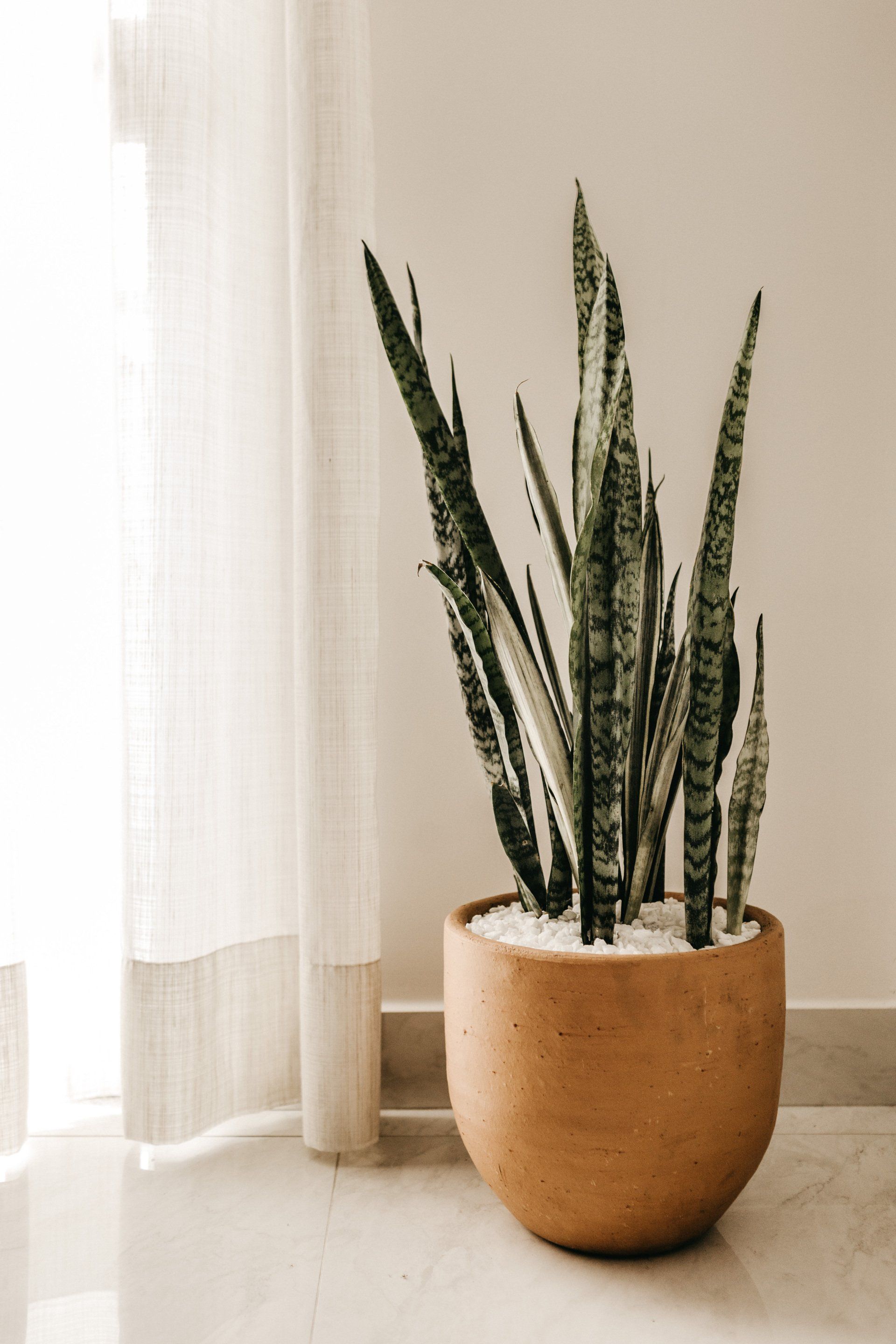

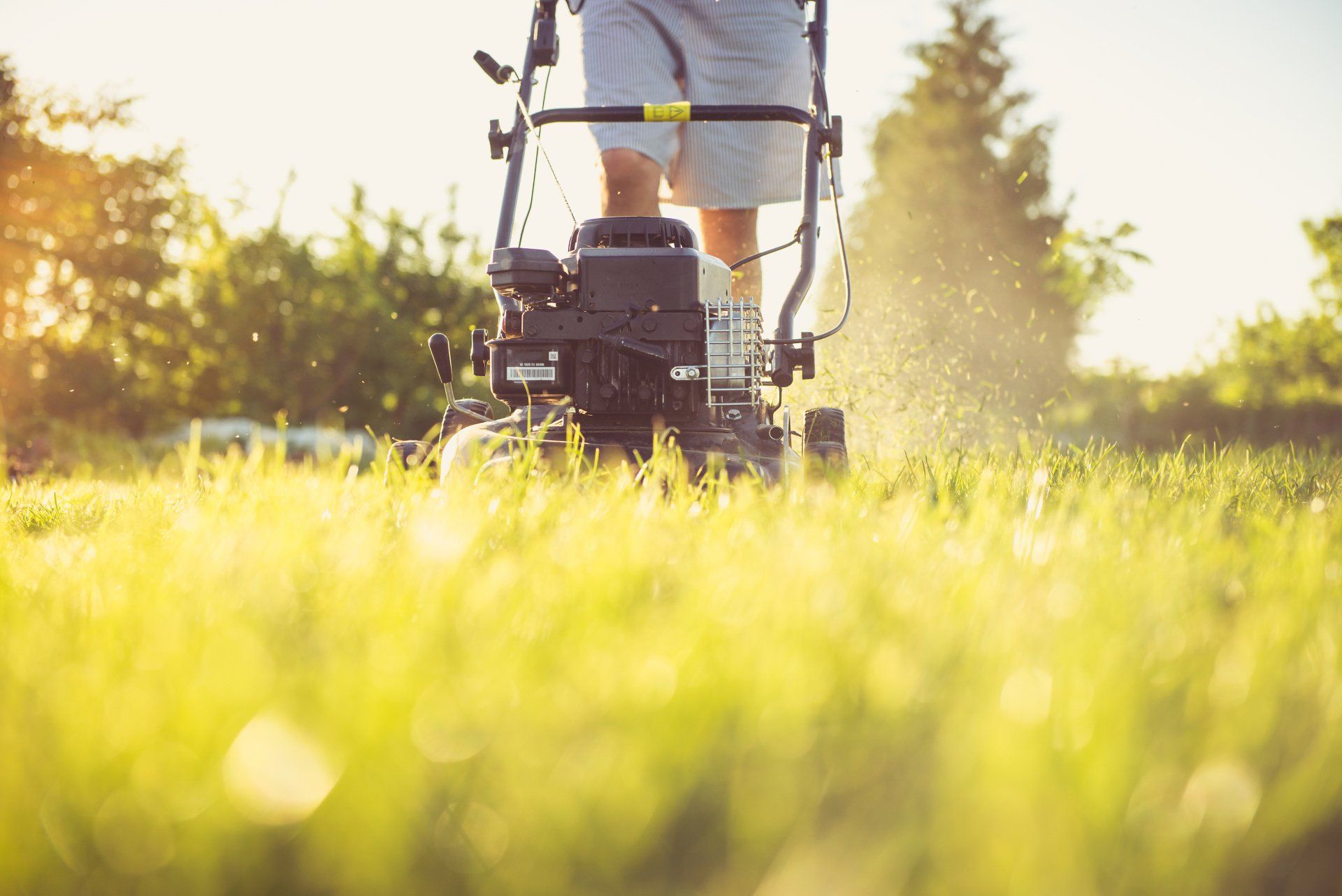

Landscaping NinjaExperts Red Deer
Landscape NinjaExperts Red Deer
52 Oak Drive, #BB, Red Deer, AB T4P 0B8, Canada
Services


